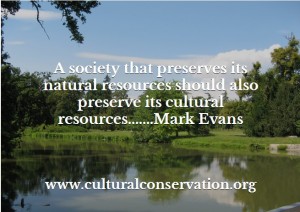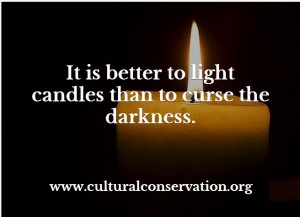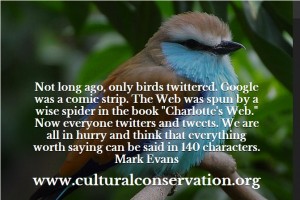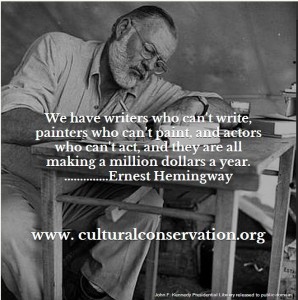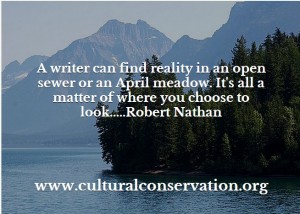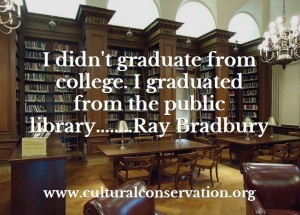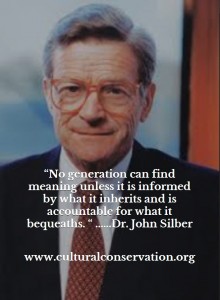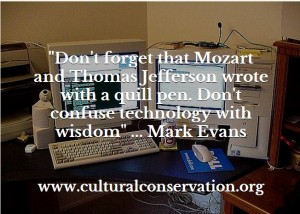 Technology can be truly astonishing, but today we often confuse technology and wisdom. Many of the greatest creators and thinkers of history produced works of great beauty, inspiration, and profound insight, using tools we would regard today as primitive. Using a computer doesn’t guarantee that the user is producing great music, writing a brilliant book, or reflecting wise and profound ideas.
Technology can be truly astonishing, but today we often confuse technology and wisdom. Many of the greatest creators and thinkers of history produced works of great beauty, inspiration, and profound insight, using tools we would regard today as primitive. Using a computer doesn’t guarantee that the user is producing great music, writing a brilliant book, or reflecting wise and profound ideas.
The great composers and writers throughout history didn’t have access to today’s technological wonders. The finest musical masterpieces were written by hand, as were the novels and books of philosophy that have stood the test of time. Compare The Federalist Papers to much of the nonsense found on Facebook. People posting “selfies” or tweeting the conventional wisdom of the moment are not wise at all. Eternal truths are no less true whether written with a quill pen, a fountain pen, or with the latest digital tool. False messages are no more valid when typed on a digital tablet than they were centuries ago. Could anyone today write the Declaration of Independence or the Gettysburg Address more eloquently than the original authors by simply using a computer?
Too often today we tend to assume that ideas are valid if they reach us through technology and out of date if they were created before the modern era. Don’t forget that Mozart and Jefferson wrote with a quill pen. Don’t confuse technology with wisdom. To learn more about the impact of technology on your family’s daily lives, click here.
